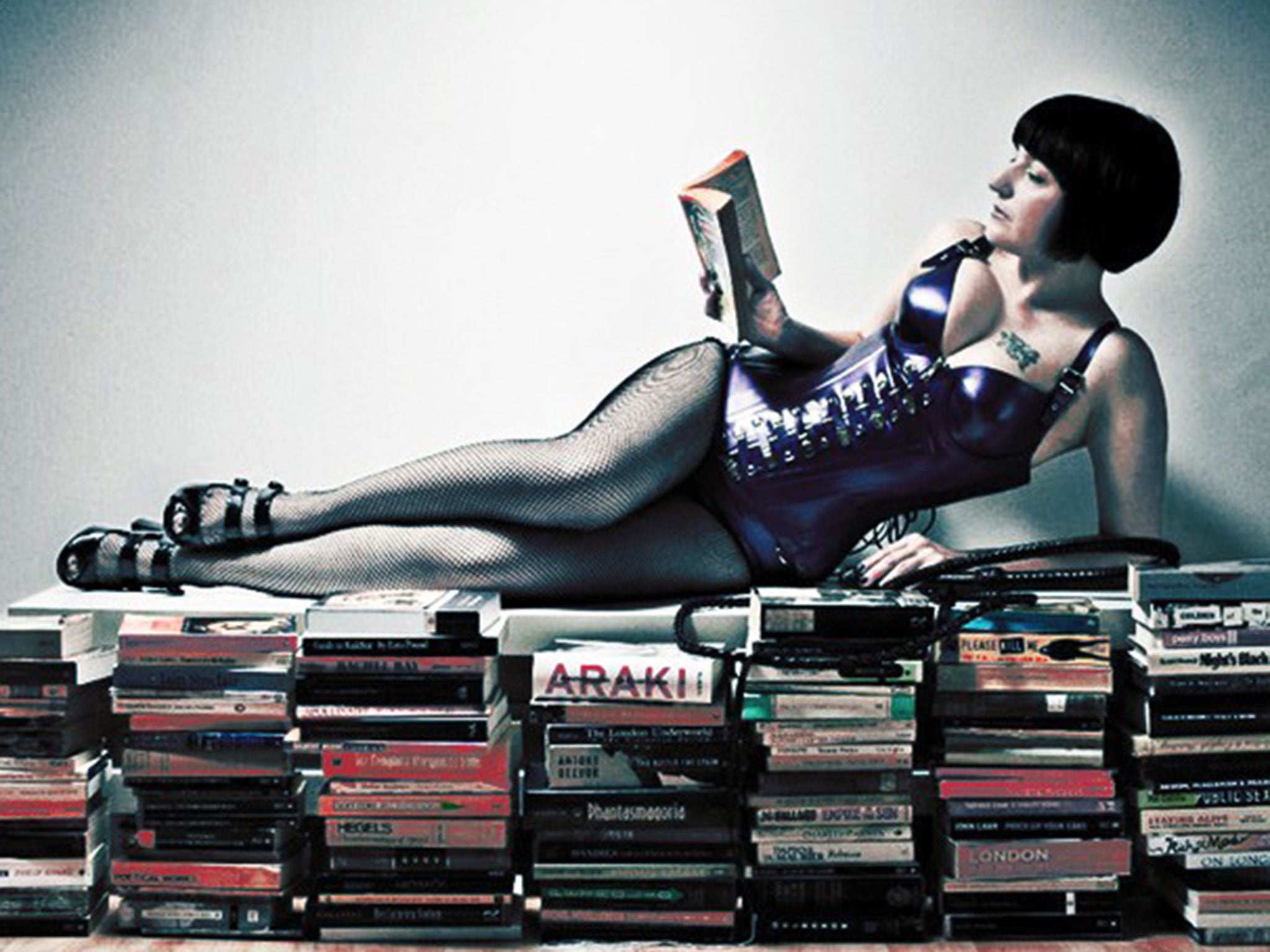Web dominatrix wins David and Goliath battle with regulators

A dominatrix whose website provides paid-for bondage and sadomasochistic content has won her David-and-Goliath battle against a quango’s attempts to regulate her site in the same way as ITV Player.
Lawyers representing Ms Itziar Bilbao Urrutia, who runs the website The Urban Chick Supremacy Cell (UCSC), declared the ruling “a massive victory for freedom of sexual and artistic expression”.
Ms Urrutia, who described herself as a performance artist, has claimed that she had been victim to a crackdown on smaller, niche pornography providers by the Authority for Television on Demand (ATVOD).
“Whenever I see who has been reported to ATVOD, it is usually material that could be classified as kink – especially femdom [female domination],” she said.
ATVOD, designated as the “co-regulator” of on-demand television by Ofcom, was founded in 2010 following an EU directive on the regulation audiovisual media. It is responsible for regulating on-demand services such as ITV Player and Channel 4’s 4oD – as well as paid-for content on websites which are deemed to be "tv-like".
In June 2013, Ms Urrutia received a letter from the regulators saying she had breached rules one, four and 11 of their code. While rules one and four related to the categorisation of her online content as TV on-demand, rule 11 relates to “material which might seriously impair the physical, mental or moral development of persons under the age of 18.”
Ms Urrutia said that as a small-time website owner she should not be regulated by ATVOD, which is funded by a service charge levied on all on-demand providers. She also insisted that her work, which she defines as performance art, did not contravene the Obscene Publications Act.
Ofcom upheld Ms Urrutia’s appeal, finding that her site did not constitute TV on-demand. Some changes had been made to the site since ATVOD’s initial investigation.
An Ofcom spokesman said: “Ofcom found that UCSC was not an on-demand TV service; and therefore outside of the remit to regulate. Where we do have powers, we take robust action when rules are broken to protect children.”
In the ever-changing world of media consumption, with lines blurred between television and the internet, the case highlights the difficulties of regulating sensitive material across different platforms.
Peter Johnson, chief executive of ATVOD, said: “There is sometimes a fine line separating adult services which are subject to the statutory rules from those which are not. UK services which feature the most extreme material are not subject to the video on demand regulations unless they are considered ‘tv-like’.”
Myles Jackman, an international specialist in obscenity law at Hodge Jones and Allen, the firm which represented Ms Urrutia, welcomed Ofcom’s decision.
“Together we won a decisive victory against the repressive regulation of sexual freedoms,” he said.
Join our commenting forum
Join thought-provoking conversations, follow other Independent readers and see their replies
Comments
Bookmark popover
Removed from bookmarks